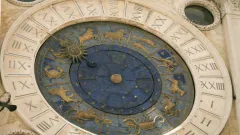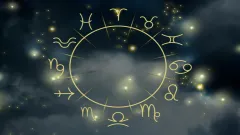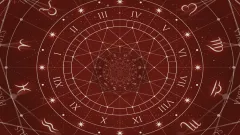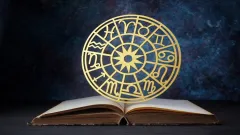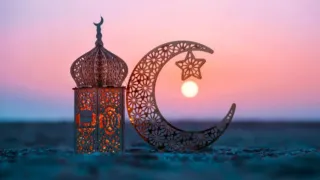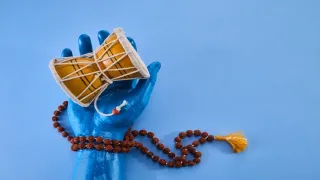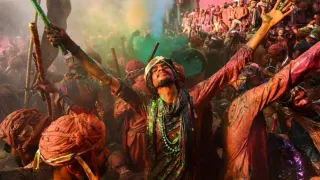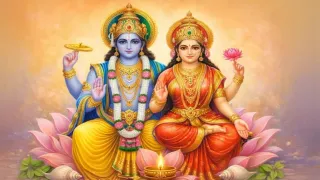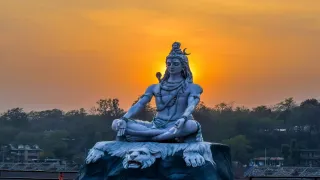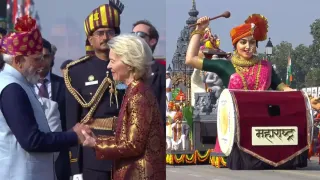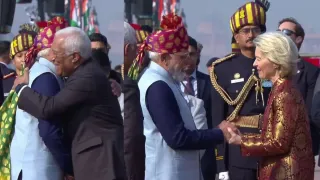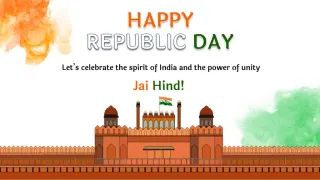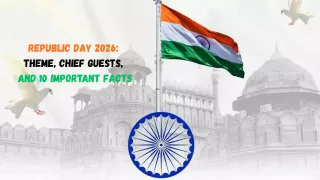Radha Ashtami, a highly auspicious festival, marks the birth anniversary of Radha Rani, the beloved consort of Lord Krishna. It falls on the Ashtami Tithi (eighth day) of Shukla Paksha in the Bhadrapada month, which in 2024 will be observed on Wednesday, September 11. This day is celebrated with great devotion across India and by Hindu communities worldwide. In places like Vrindavan, Barsana, and Mathura, the celebration is marked by enthusiasm and grand festivities, symbolizing the divine love and spiritual bond between Radha and Krishna.
Date and Timings of Radha Ashtami 2024
- Radha Ashtami Date: September 11, 2024
- Madhyahna Time: 11:05 am to 1:32 pm (02 hours 26 mins)
- Ashtami Tithi Begins: 23:11 on September 10, 2024
- Ashtami Tithi Ends: 23:46 on September 11, 2024
The Spiritual Significance of Radha Ashtami

Image Source: Twitter
Radha Rani, often considered an incarnation of Goddess Lakshmi, epitomizes pure, selfless love and devotion toward Lord Krishna. Her love for Krishna is viewed as a metaphor for the soul's yearning to unite with the divine. Radha Ashtami is not only a day to honour her birth but also to reflect on the deeper spiritual teachings of unconditional love, surrender, and devotion.
Devotees believe that worshipping Radha Rani on this day brings peace, harmony, and love into their lives. Her blessings are said to inspire love in relationships, strengthen family bonds, and bring spiritual fulfilment. The festival is particularly significant in the Vaishnavism tradition, where Radha is revered as the ultimate devotee of Krishna.
Rituals of Radha Ashtami Vrat
Devotees observe various traditional rituals with deep reverence on Radha Ashtami. Here's a detailed look at the key steps:
1. Purification of Mind and Body
The day begins with a ritual bath and wearing clean or new clothes. This symbolizes physical and spiritual purity. Devotees also perform the ritual of Achamana (sipping holy water) to cleanse the mind and body before the puja.
2. Sankalpa (Vow)
Before beginning the puja, devotees take a vow (Sankalpa) to observe the fast and perform the rituals with dedication, seeking Radha Rani's blessings for love, peace, and happiness.
3. Puja Setup and Offerings
An idol or image of Radha, often accompanied by Lord Krishna, is placed on a beautifully decorated altar. Devotees offer flowers, fruits, sweets, and tulsi leaves, which are considered particularly auspicious.
4. Recitation of Prayers
During the puja, devotees recite prayers dedicated to Radha and Krishna, especially the Radha Ashtami Vrat Katha, which narrates Radha's divine birth and her eternal love for Krishna. Chanting bhajans and mantras like the Hare Krishna mantra is an integral part of the ceremony.
5. Aarti and Prasad Distribution
After the puja, devotees perform the Aarti (a ritual of waving lamps) to honour Radha and Krishna. The offerings (prasad) are then distributed among family and friends.
6. Fasting and Breaking the Fast
Many devotees observe a fast on Radha Ashtami, consuming only fruits, milk, or water throughout the day. The fast is broken in the evening after the Aarti or after sighting the moon.
Grand Celebrations in Braj Region

Image Source: Twitter
The Braj region, especially Barsana (Radha's birthplace) and Vrindavan, witnesses grand festivities on Radha Ashtami. Special processions, dances, and devotional music bring the entire region to life. Thousands of devotees gather to witness and participate in the celebrations, recounting the divine love story of Radha and Krishna through songs and dances.
Benefits of Observing Radha Ashtami Vrat
- Spiritual Upliftment: Radha Ashtami offers a path to spiritual growth by fostering devotion and surrender to the divine. The rituals performed with faith help devotees purify their souls and attain inner peace.
- Strengthening Relationships: Radha’s eternal love for Krishna serves as a model for nurturing love and harmony in relationships. By observing this vrat, devotees seek blessings for a happy, love-filled life.
- Mental and Emotional Peace: Fasting and engaging in prayer throughout the day is believed to bring mental clarity and emotional stability. It helps in letting go of worldly worries and focusing on spiritual growth.
- Positive Energy: Devotees believe that Radha Rani’s blessings fill life with positive energy, removing obstacles and providing relief from grief and suffering.
Wishes and Greetings for Radha Ashtami 2024
- May Radha Rani's blessings fill your life with love, joy, and devotion on this auspicious Radha Ashtami 2024.
- On this sacred day, may your heart be filled with the divine love of Radha and Krishna.
- Wishing you peace and harmony as Radha Rani’s blessings shower upon you this Radha Ashtami.
- Let the eternal love of Radha and Krishna guide you toward spiritual fulfilment.
- May the divine grace of Radha Rani remove all obstacles and bring success and happiness to your life.
Also Read: Ganesh Chaturthi 2024: Date, Time for Sthapana and Visarjan



